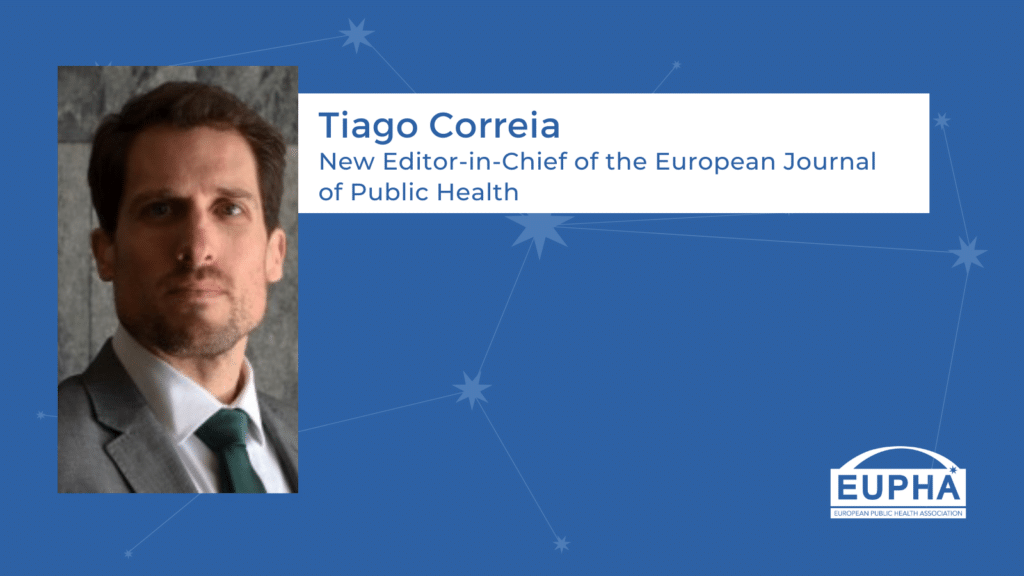EUPHA is proud to be one of the partners in the European Health Data Space (EHDS) pilot project, which was selected for funding by the European Commission last week. The creation of an EHDS is one of the key components of a strong European Health Union.
The EHDS aims to promote better access and exchange of different types of health data for research and policy purposes, which is essential for achieving our vision: to enable everyone in Europe to achieve the highest possible level of health by providing independent and authoritative analysis of the evidence, combined with targeted advocacy to achieve coordinated action by all key stakeholders.
The project will kick off in September and aims to set up concrete foundations for the future EHDS. The consortium will be developing a network of data sources platforms, called nodes, by connecting the national platforms of participating countries, and it will evaluate the feasibility, interest and the capacity to deploy such an infrastructure throughout the EU. The new infrastructure will be put to the test through concrete research use cases. The goal is to demonstrate the potential of transnational reuse of health data for research, innovation, development of regulations and policies and, ultimately, personalised healthcare.
On May 3rd 2022, the European Commission presented its draft regulation aiming to create the EHDS, which will be discussed in the European Parliament and in the Council of the EU in parallel with the deployment of the pilot project. The aim is to have the EHDS up and running in 2025.
The project will be led by the French Health Data Hub and the consortium brings together sixteen partners in total, including partners from ten European countries and the ECDC and EMA. EUPHA’s role in the project will be focused on dissemination of the project’s results.
More information:
- Press release Health Data Hub
- Consortium video, including a statement by the Vice-President of the EUPHA section on Public Health Monitoring and Reporting, Hanna Tolonen
- Draft EHDS regulation



